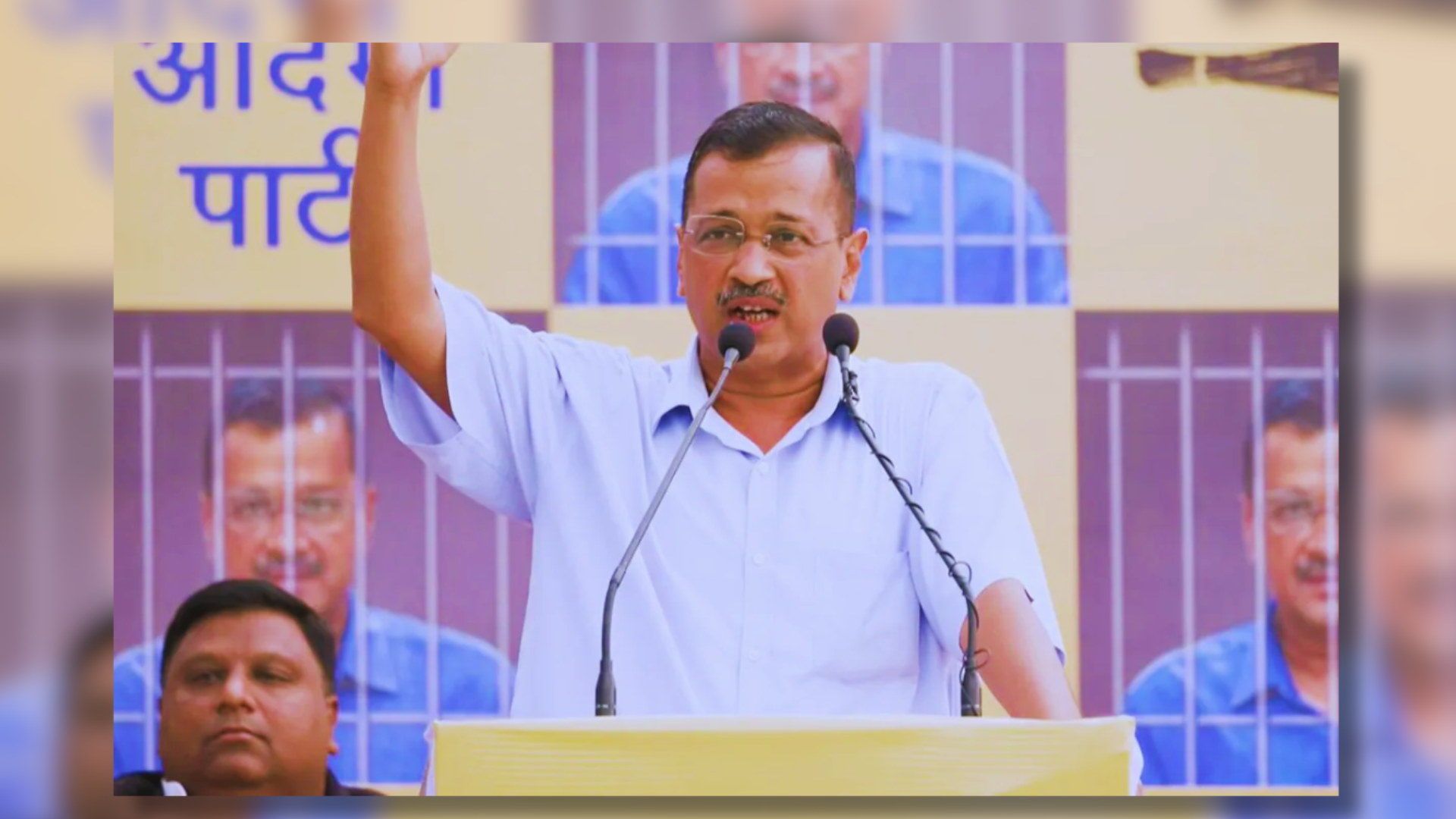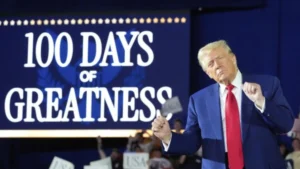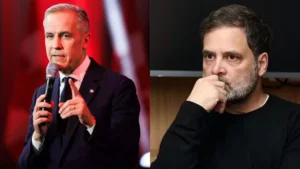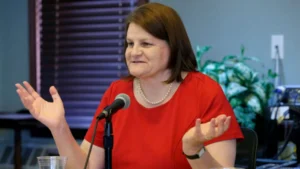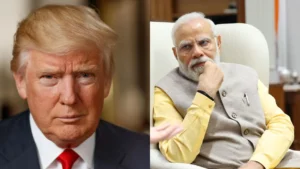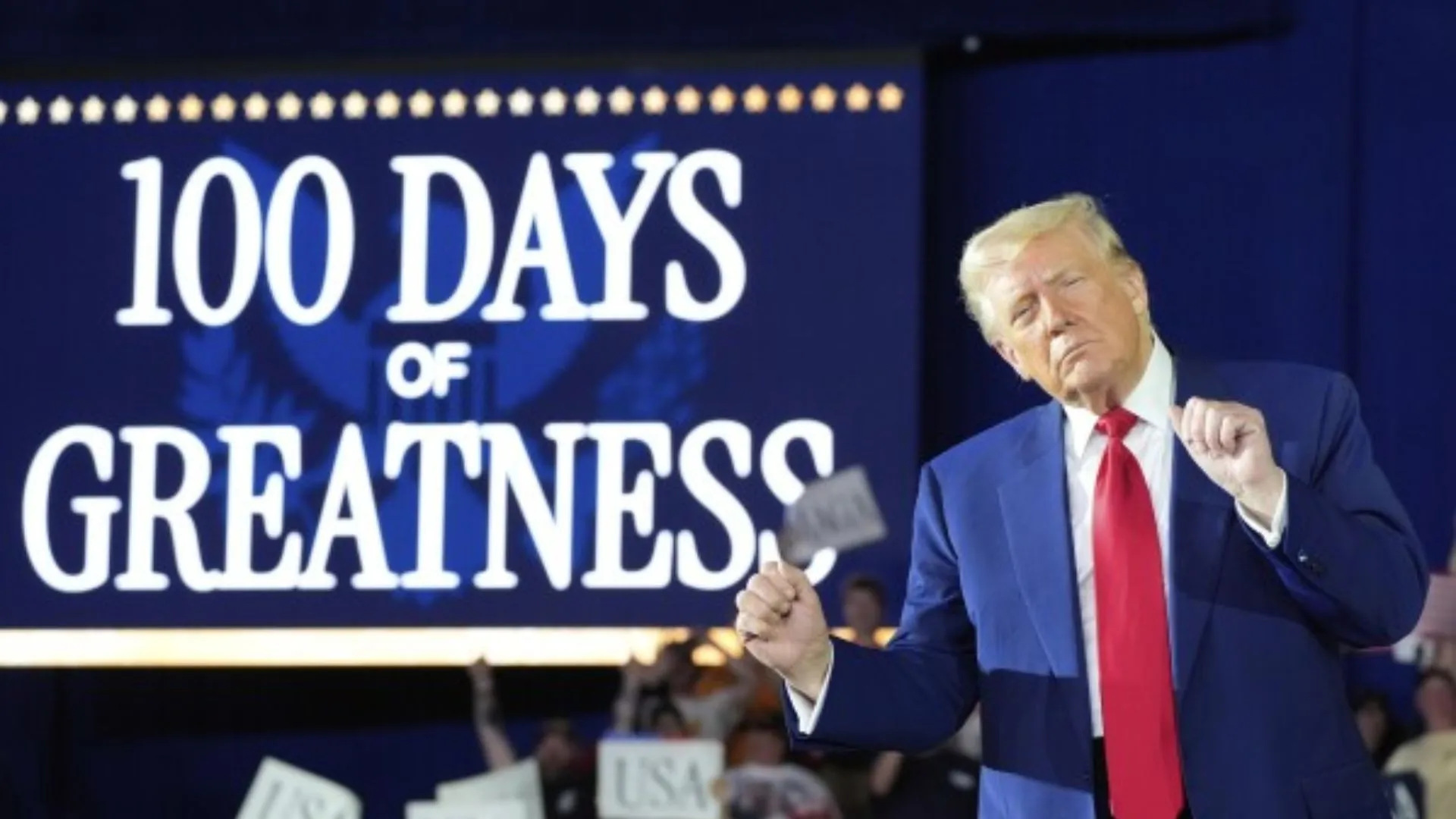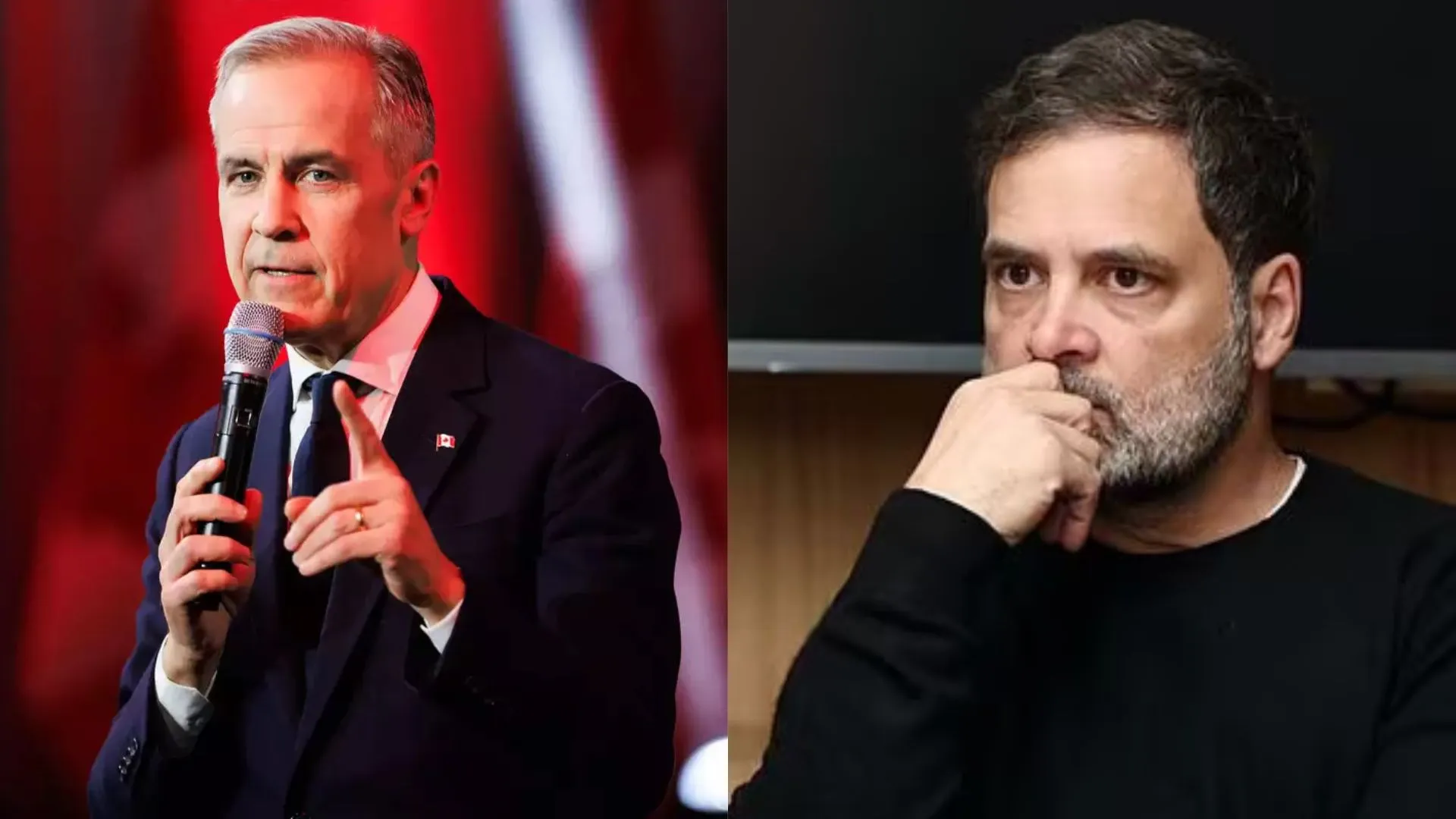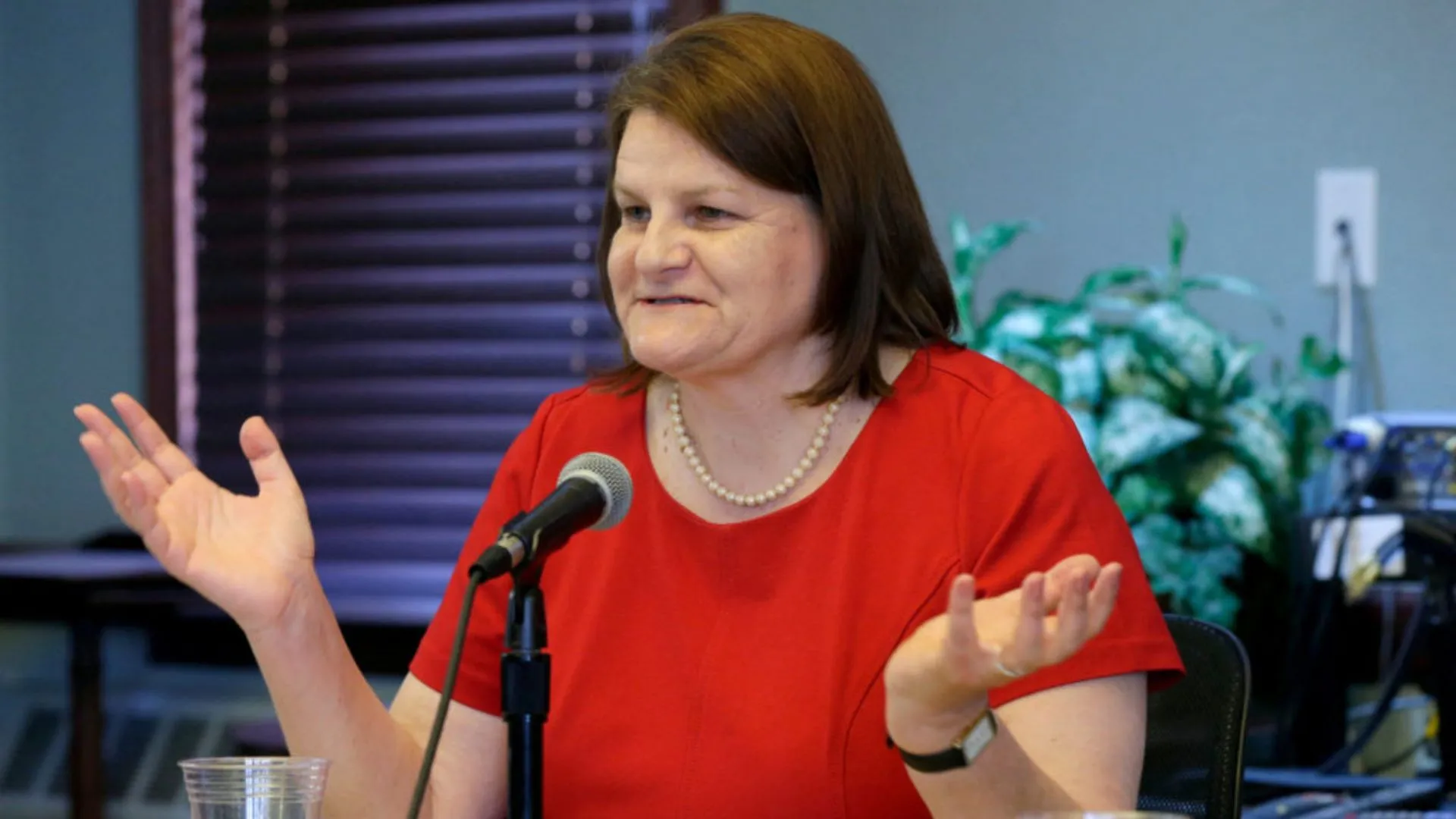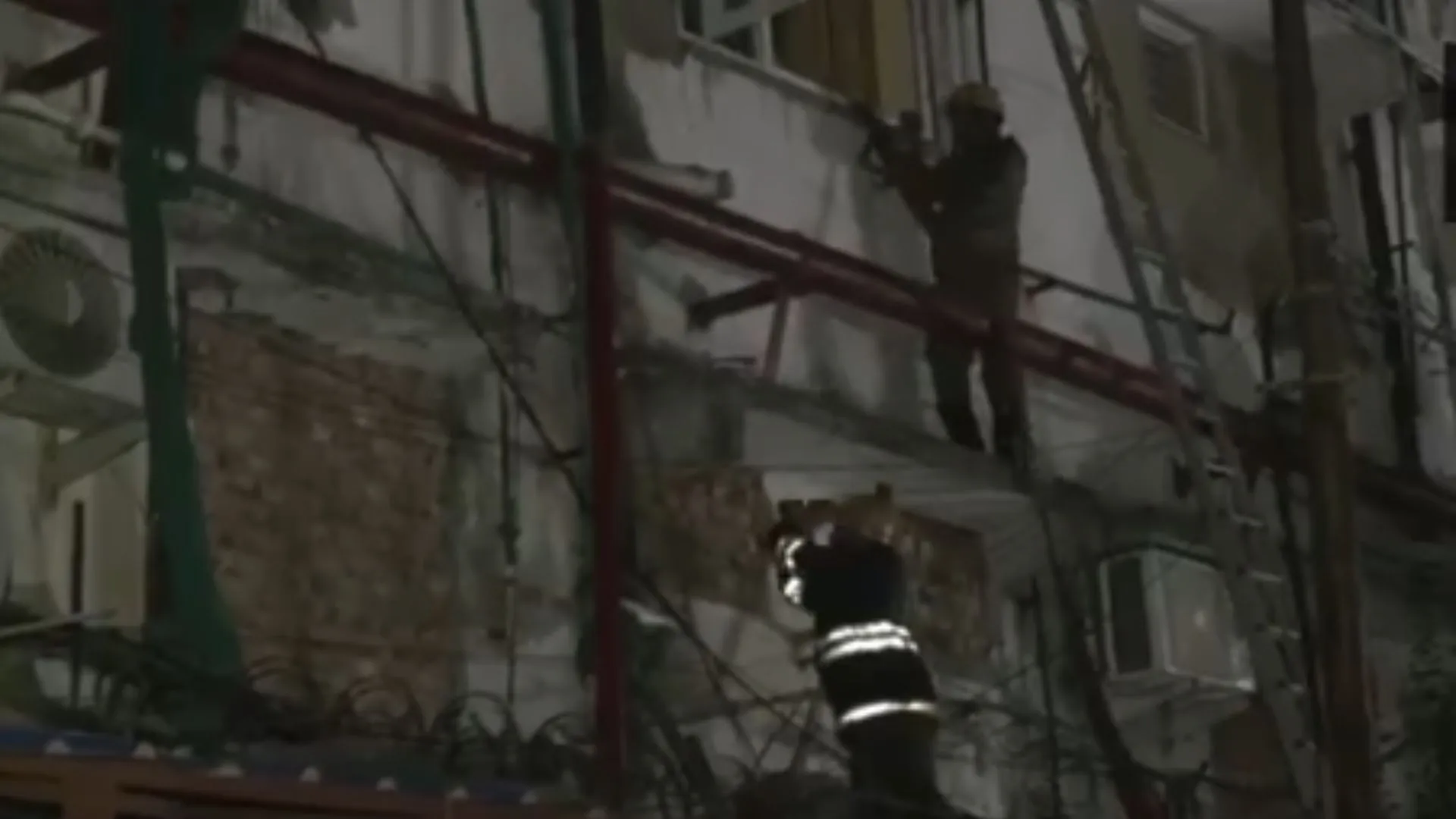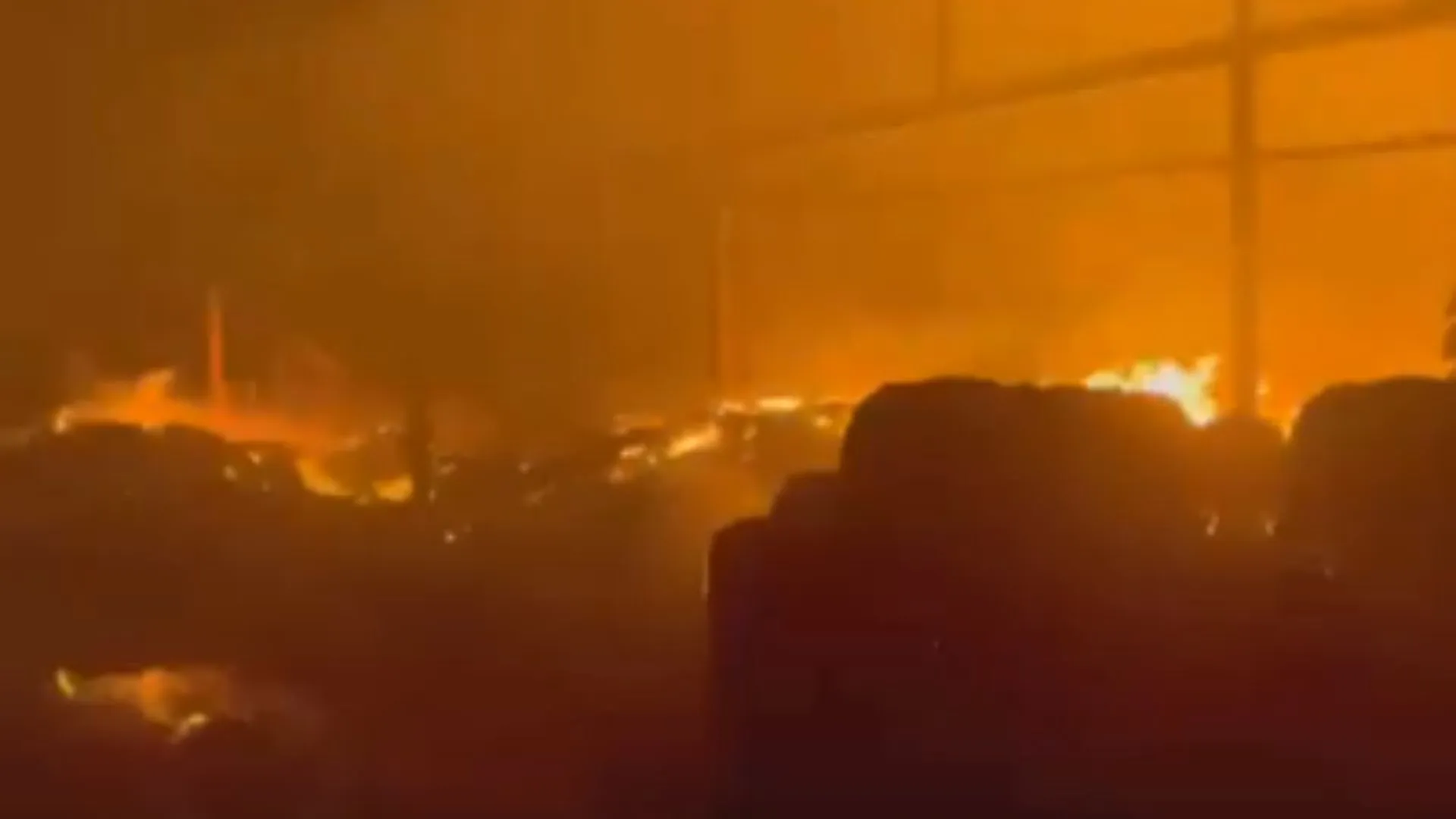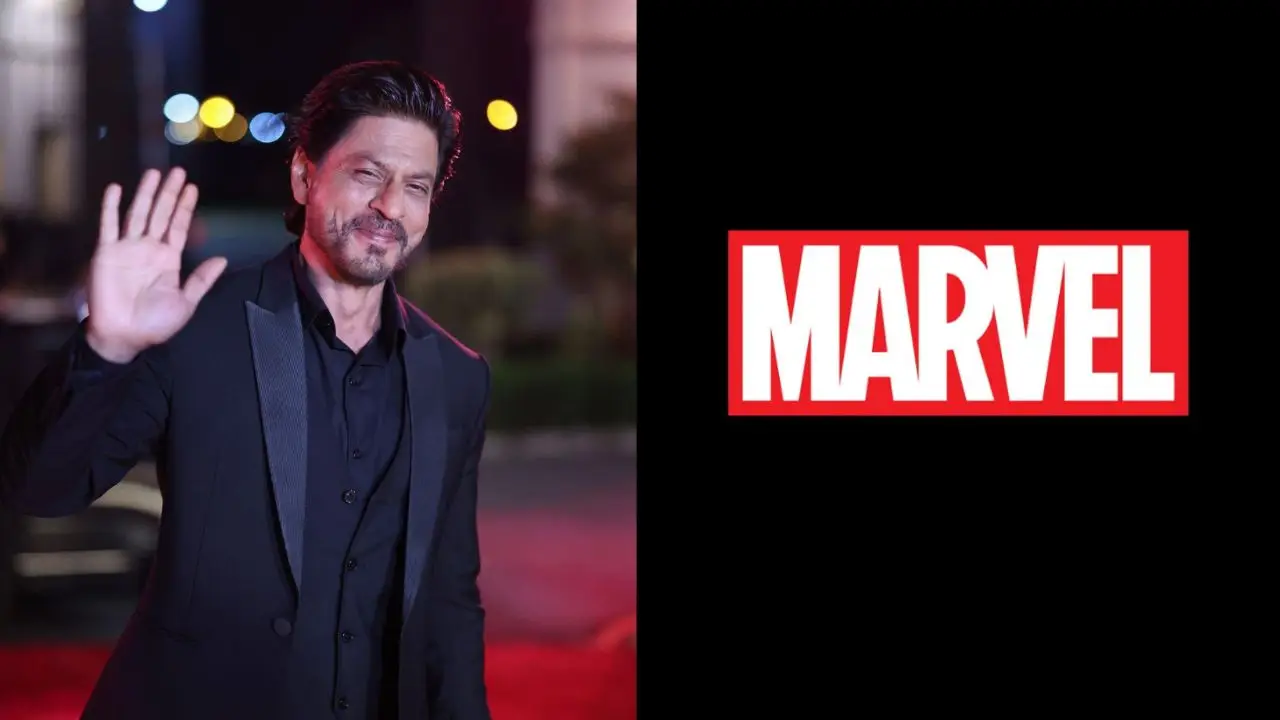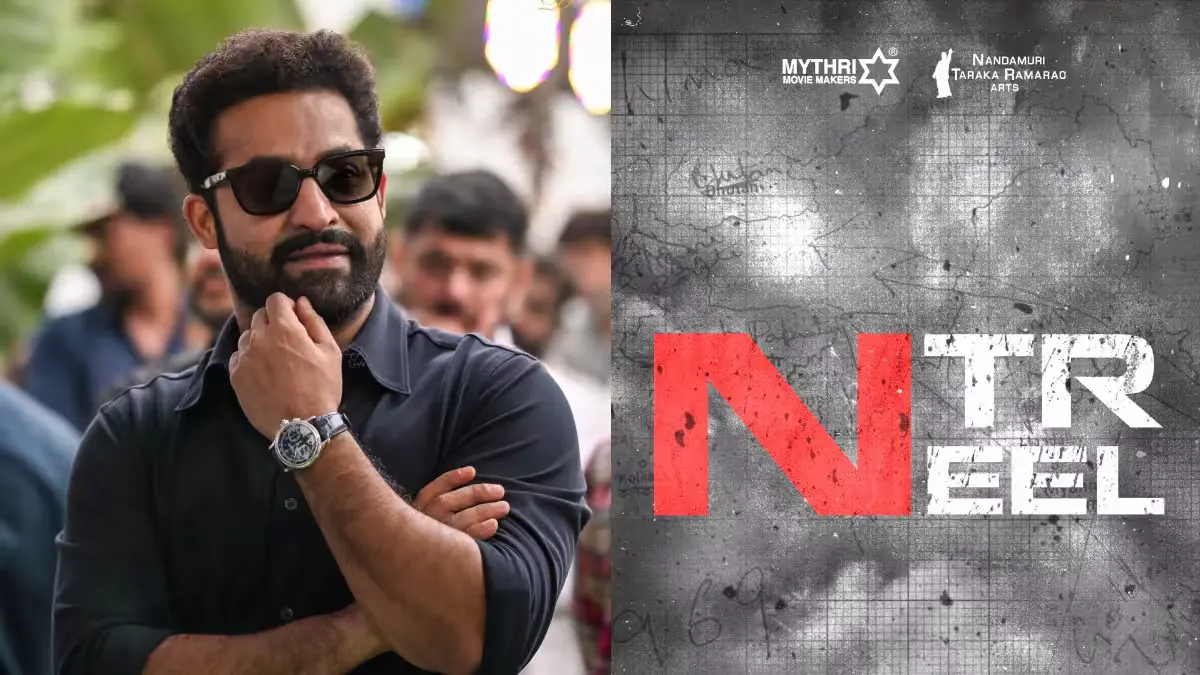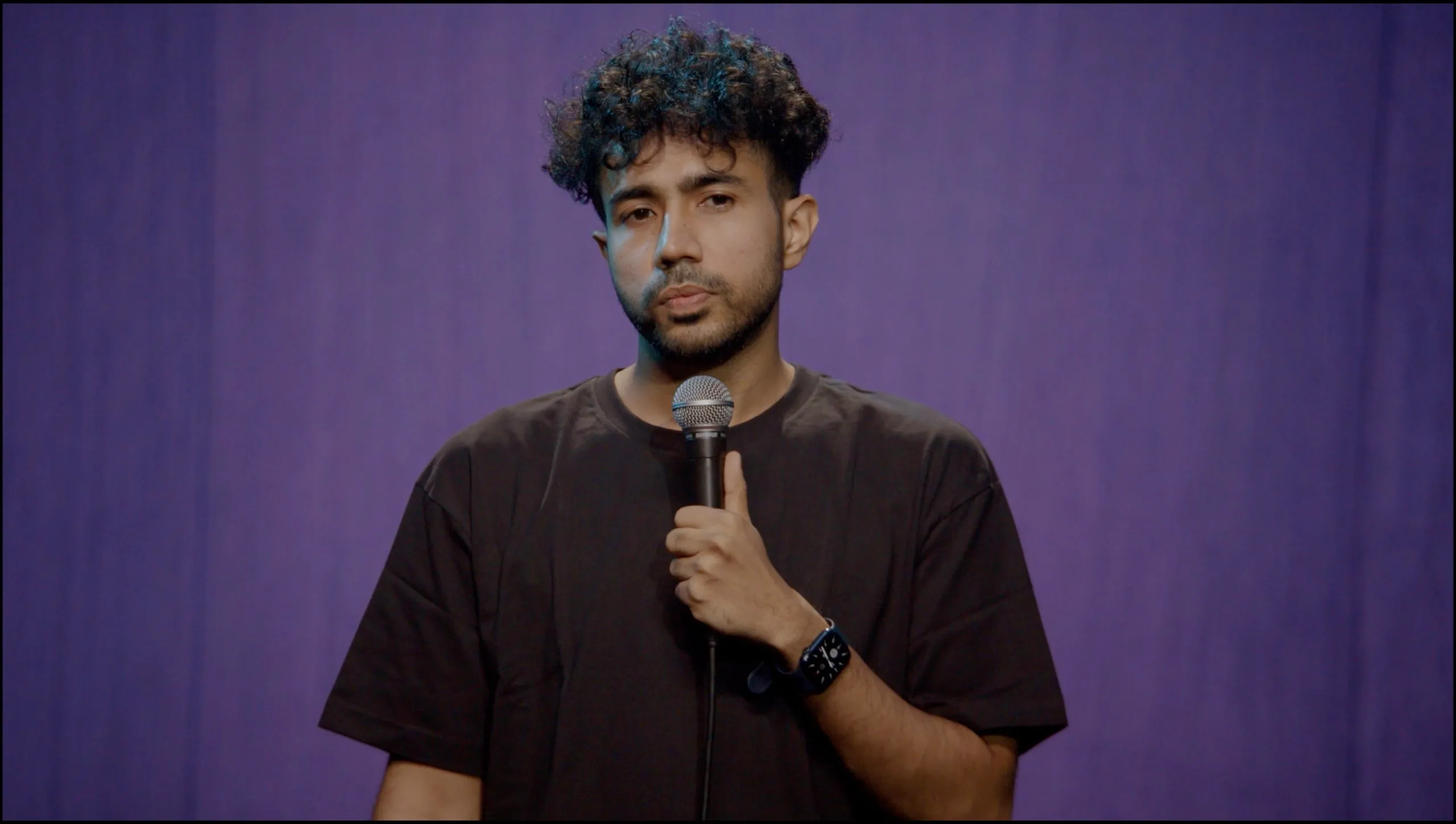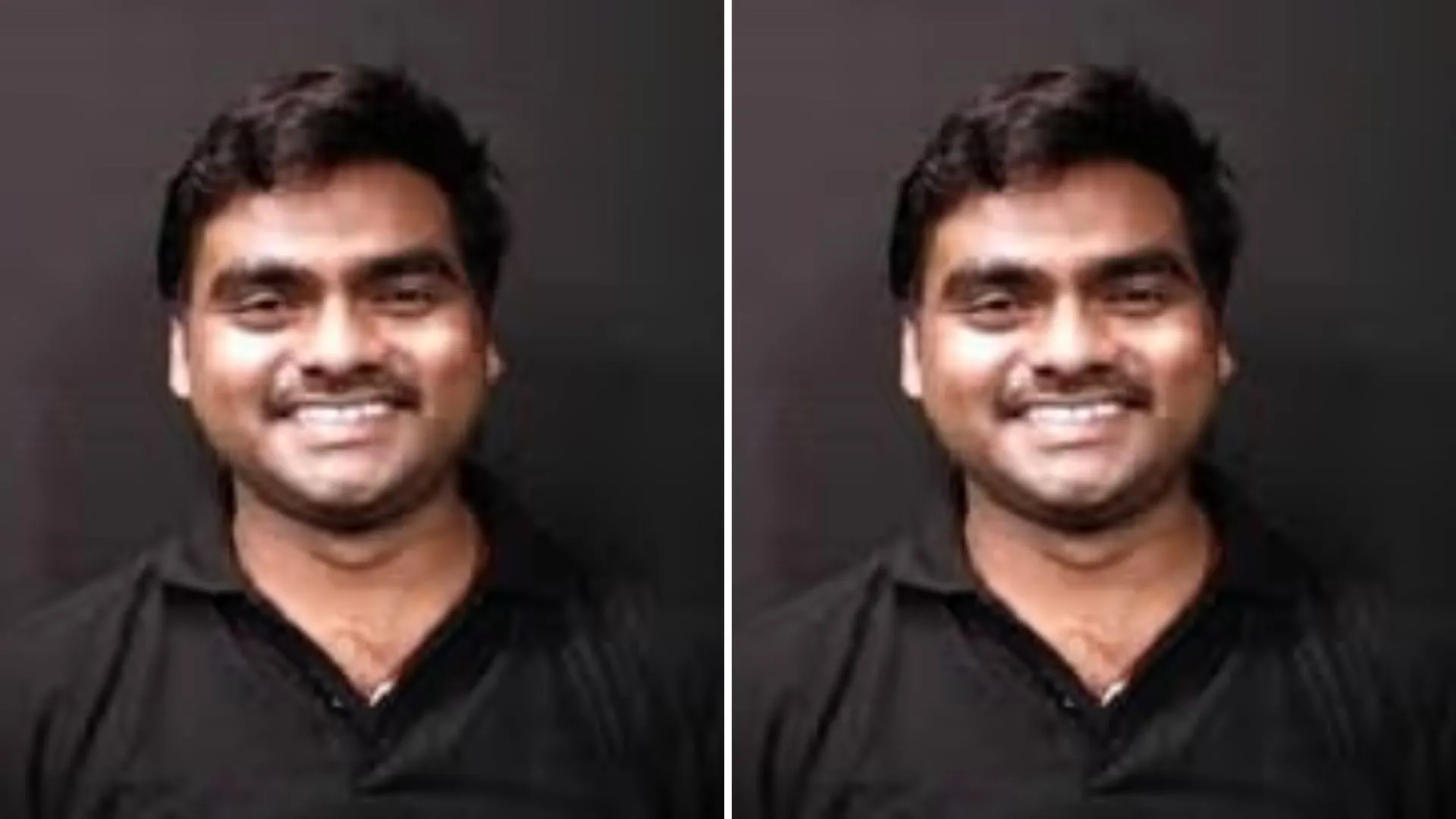The elections have concluded and the results have displayed the intricate dynamics that play a role in India’s electoral democracy and politics. Even though the largest democratic exercise has been concluded and people are filled with excitement as they enter a new era, some of the older controversies still persist, and top leaders are still engulfed within them.
There has been another recent development regarding Delhi’s Chief Minister Arvind Kejriwal regarding the Excise policy money laundering case. The Rouse Avenue Court dismissed Delhi Chief Minister Arvind Kejriwal’s interim bail plea on Wednesday, seeking 7 days bail citing medical reasons in the excise policy money laundering case.
Despite the dismissal, the court directed the Tihar Jail Authorities to conduct all necessary medical tests and provide treatment for Kejriwal. Additionally, the Court extended his judicial custody until June 19, 2024. Kejriwal appeared before the court through virtual mode. In compliance with Supreme Court directions, Kejriwal surrendered himself before Tihar Jail on June 2, 2024. The same court, on June 1, had reserved its order on Kejriwal’s bail plea.
READ MORE: Modi-factor is finished, says RJD’s Tesjashwi Yadav as he heads to INDIA bloc meet
During arguments, Senior Advocate N Hariharan, who appeared for Kejriwal, submitted that “the interim bail was for the purpose of campaigning for my party, which is a national party…I am out for 20 days and had I not done it, you would’ve said he didn’t campaign and fell ill. It was a lot of stress due to the campaigning, and you know that stress is an aggravator of diabetes. What was alarming was that KETO levels rose in the urine. The aspect of concern is a high level of sugar and the keto numbers.”


